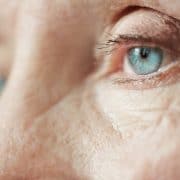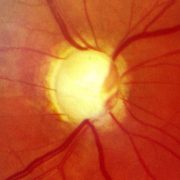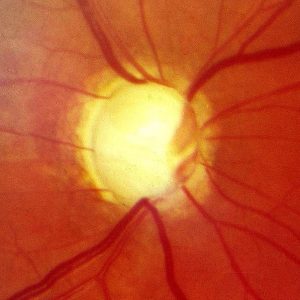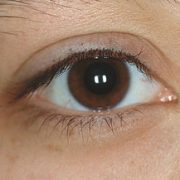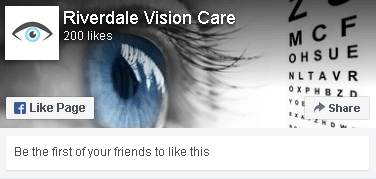Should You Treat Glaucoma with Medications or Surgery?
Glaucoma is an eye disorder that typically comes on slowly. This can give you and your eye doctor time to make better decisions about your overall visual health. If you have glaucoma in Riverdale, NJ, and you’re wondering about treatment options, we’ll look at what you should know about the debate between medication and surgery.
Medication vs. Surgery
Medication typically comes in the form of special eye drops, which work to reduce the fluid or increase your fluid drainage. They may target certain parts of the eye to reduce fluid production or enhance the drainage network so there’s more movement (and, ultimately, less pressure on the eye). With surgery, the ophthalmologist will create a new drainage pathway, and the results can last for up to 5 years or more.
Which One Is Right for Me?
Ultimately, this question comes down to the severity of your symptoms. Not everyone will respond to medication, which may leave surgery as your only option. Medication may be excellent for mild glaucoma, made even better by its relatively minor side effects, but it may not be effective for you.
If you choose surgery, you may experience longer lasting relief from the procedure, without the need to follow a regimented eye drop schedule. Of course, like any surgery, it comes with standard risks of infection. If you have questions in Riverdale, NJ, it helps to talk to someone who specializes in eye disorders like glaucoma.
Consult an Eye Doctor in Riverdale
There are several treatment options to learn about if you have glaucoma. For instance, eye drops can affect your body, depending on whether they reduce fluid or help drain fluid. Understanding how each treatment option works can help you make informed decisions.
A good eye doctor in Riverdale, NJ will focus on prevention whenever possible. The faster you catch and confirm glaucoma, the easier it is to halt its progression. If you want the choice between medication and surgery, rather than needing emergency surgery after your condition progresses to blurry or even obscured vision, contact Riverdale Vision Care to schedule a consultation appointment today!



